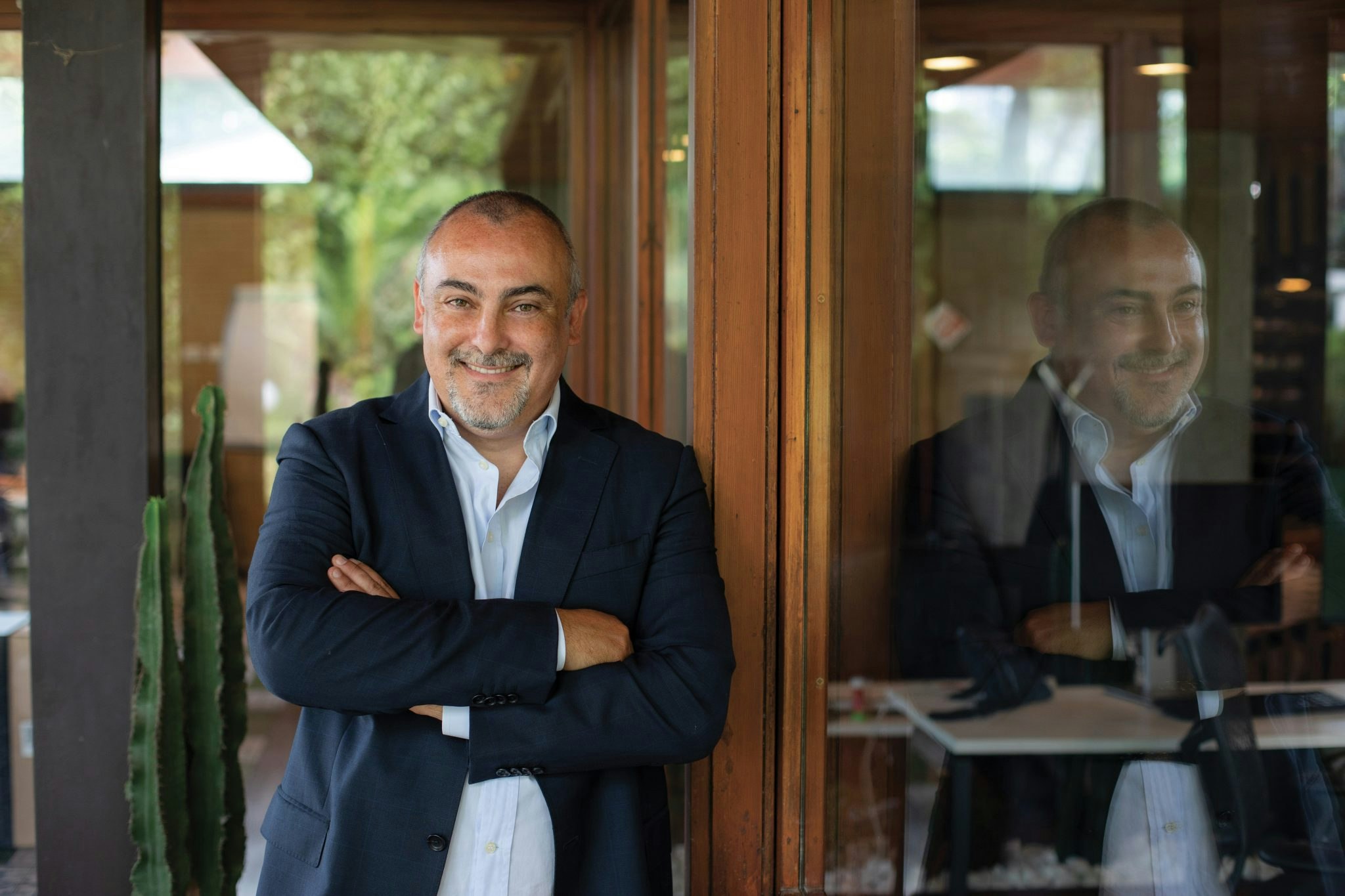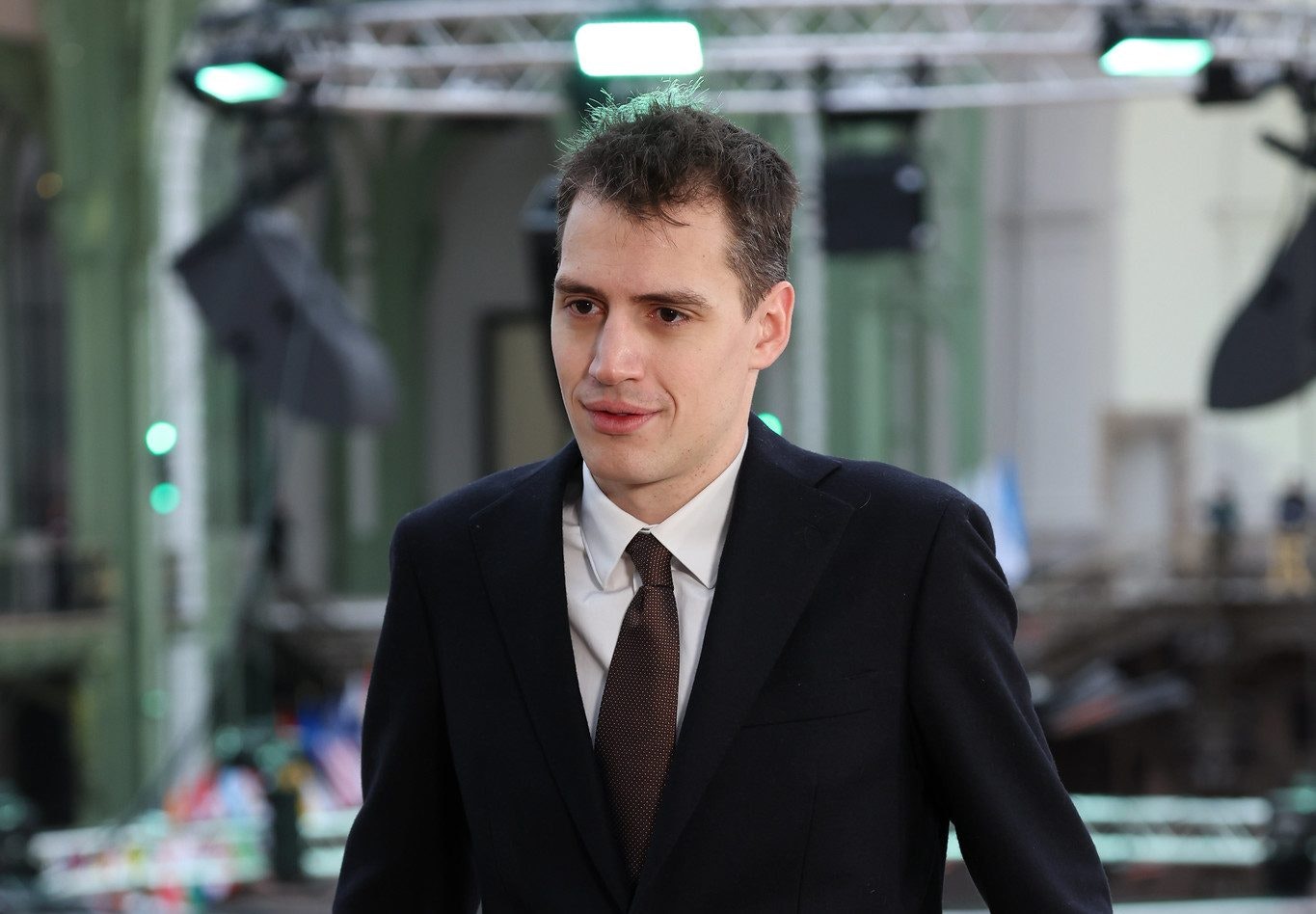Last month, Marco Trombetti stood in a bright forest clearing on the banks of the Agogna river, 20km southwest of Pavia in northern Italy. He had been searching for an alternative, carbon-neutral energy source for Translated, his 20-year-old AI translation startup. “What is the best clean energy, the most clean energy possible?” he asked.
Strolling along the river, he arrived at an unlikely answer: a century-old hydroelectric plant housed in a dilapidated, windowless outhouse, its ancient turbines intact. Dreamed up in 1895 by Hermann Einstein, the father of Albert, the plant, known as the “Luciòn”, was abandoned under a Mussolini-led modernisation programme in the 1930s — until, that is, Trombetti purchased the rights to restore it for around €800k earlier this year.
“Here she is,” he says with a flourish, gesturing at the watermill’s battered facade. The plant, he explains, will produce 1m kilowatt hours (kWh) a year, more than enough to power Translated’s AI network. “We are making one step forward in being carbon neutral.”
The IT world will need to get green power sources if it wants to remain relevant
The idea to offset one’s energy usage through investment in forgotten green infrastructure — of which Italy has a surprising amount — ought to chime with the millions of entrepreneurs who are chomping at the bit to make their businesses appear more green. The tech industry is expected to use up something like 20% of the global energy supply by 2025, roughly half of which will be used by data centres, the main drivers of AI and cloud computing.
Switching to a green power source will help reduce Translated’s own reliance on diesel-fuelled data centres in California. The company consumes roughly 870,000 kWh annually and two thirds of that is used by the startup’s neural network, which powers its translation system.
Why tech needs to go green
To offset the dirty energy digital services consume, many tech companies are pursuing fashionable eco-friendly strategies, such as adopting environmental, social and governance (ESG) policies or purchasing carbon credits, which commit them to building green infrastructure that cancels out fossil fuel usage. In the computationally intensive world of cryptocurrency, there have been some decidedly zany solutions: the Central American nation of El Salvador recently started using the power of its volcanoes to mine bitcoin.
However, ESG and carbon credits are often derided as ways to merely appease investors, and Trombetti characterises his solution as a far more serious one. As well as generating clean energy for his business, he says, the plant will sell surplus energy to the Italian national grid, powering the surrounding towns. Better yet, the plant may even prove profitable. When he bought the plant, Trombetti had expected to make a significant loss, but he says that it stands to generate a net profit of €60k a year at least.

“I think it's a step in the right direction,” says Lorenzo Fioramonti, an academic and former Italian minister who has focused on sustainable development. “The IT world will need to get green power sources if it wants to remain relevant. It's of course a small investment, but of symbolic nature.”
It is certainly symbolic of something. Italy is littered with the detritus of abandoned infrastructure, and Trombetti visited four other abandoned hydroelectric plants before settling on Luciòn (“big light” in the local dialect), which was used to power the streetlights of local towns until the rapidly growing country turned to fossil fuels in the 1930s.
While Trombetti’s idea isn’t exactly a viable strategy for the entire tech industry — there are only so many abandoned hydropower plants — it does recall the pre-Mussolini era when Italy was something of a renewables powerhouse. More pertinently, the idea could encourage businesses and governments to do one better: to look to the past for inspiration, and then build something new.



